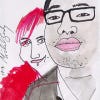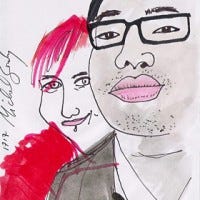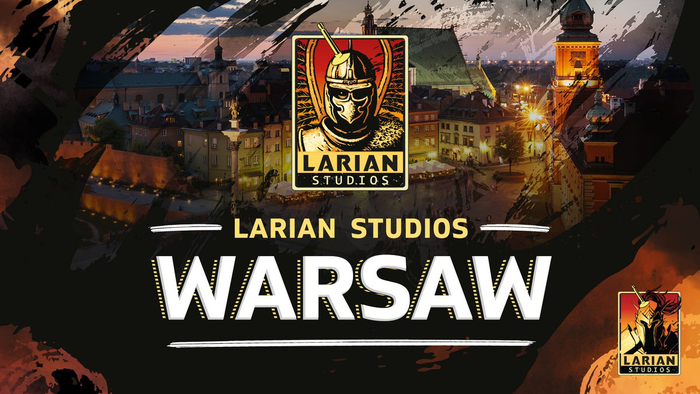GTA lawsuit fails to defeat First Amendment defense
Purported Cypress Hill singer Michael Washington's lawsuit against Rockstar Games over the alleged use of his likeness in Grand Theft Auto: San Andreas was dismissed due to First Amendment protections.

Purported Cypress Hill singer Michael "Shagg" Washington's lawsuit against Rockstar Games and Take-Two Interactive over the alleged use of his likeness in Grand Theft Auto: San Andreas was dismissed due to First Amendment protections. An appeals court in California ruled that Washington's lawsuit failed to demonstrate a probability of defeating the video game companies' First Amendment-based "transformative use" defense, which allows them to use copyrighted work, or in this instance Washington's likeness, for works that serve the public's interest. Rockstar and Take-Two filed a motion to strike Washington's complaint in March 2011, claiming that their actions constituted as exercising their free speech rights, and presenting articles discussing the social issues in GTA:SA as evidence that the game involved matters of public interest. The trial court granted that motion, which Washington appealed. Video games did not officially qualify for First Amendment protections until last year, when the U.S. Supreme Court ruled that games "communicate ideas through familiar literary devices and features distinctive to the medium," and should be afforded the same free speech protections as books, music, and movies. Washington filed his lawsuit two years ago and sought $250 million in damages -- around 25 percent of what he said was GTA:SA's profits -- arguing that Rockstar misappropriated his likeness, identity, ideas, and life story for the 2004 game's hero CJ. He claims to be a back-up singer for rap group Cypress Hill, but the band denies he is affiliated with them in any way. He met with members from the developer in 2003, spent time sharing his experiences growing up with street gangs, and gave them photos of himself. Washington is listed as one of GTA:SA's many models in the game's credits, and a Rockstar employee has previously admitted to taking in-game sceenshots of CJ to match Washington's poses in his own photos. Despite that evidence, an appeals court upheld the trial court's decision this week and ruled Rockstar and Take-Two's alleged actions as protected under the First Amendment. According to court documents posted by Hollywood Reporter, the judge also found that Washington failed to provide sufficient evidence that CJ is based on his likeness. "The main character CJ is a black male with a completely generic and somewhat variable appearance," said the judge. "Plaintiff is relying entirely on CJ's physical appearance in the game, but that appearance is so generic that it necessarily includes hundreds of other black males." Pop band No Doubt filed a similar lawsuit against Activision several years ago over the use of their likenesses in Band Hero in an unauthorized manner -- players could force in-game avatars based on No Doubt's members to sing songs from other musicians -- but the game publisher eventually reached a settled with the group. The court did not consider Band Hero's use of No Doubt's members' likenesses protected under the First Amendment or qualifying as transformative use because the game "does not transform the avatars into anything other than exact depictions of No Doubt's members doing exactly what they do as celebrities." There are a number of similar ongoing lawsuits filed against Electronic Arts, for unauthorized use of athletes' likenesses in sports games like Madden NFL. EA has also attempted to argue that its First Amendment rights to free expression overruled the publicity rights of the athletes in those cases.
About the Author(s)
You May Also Like













